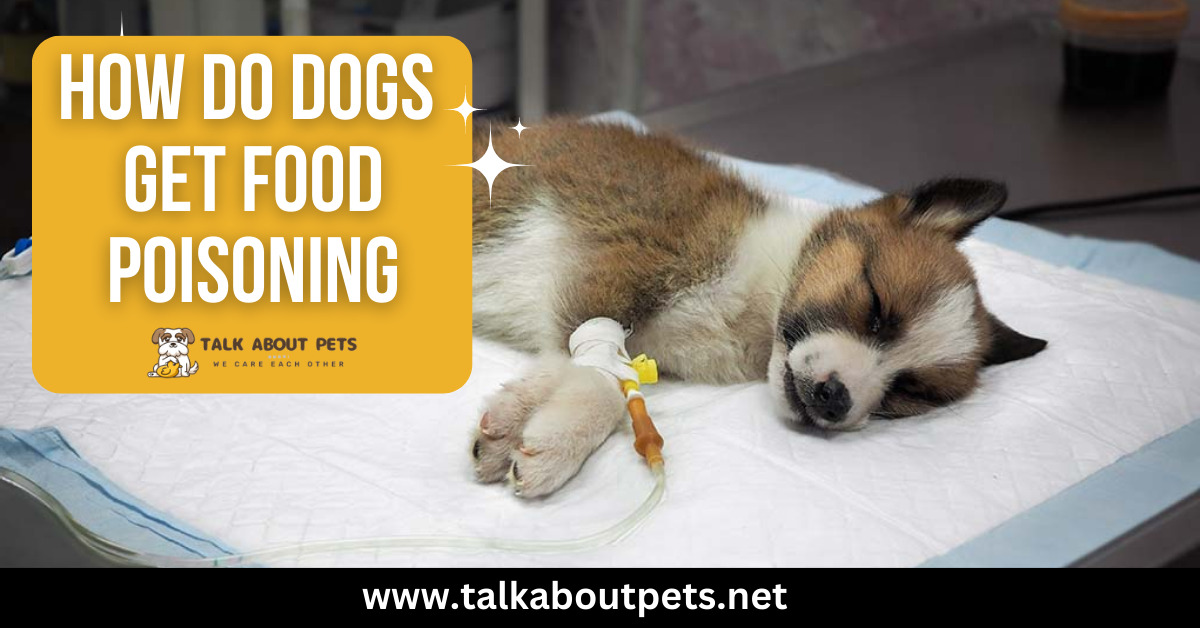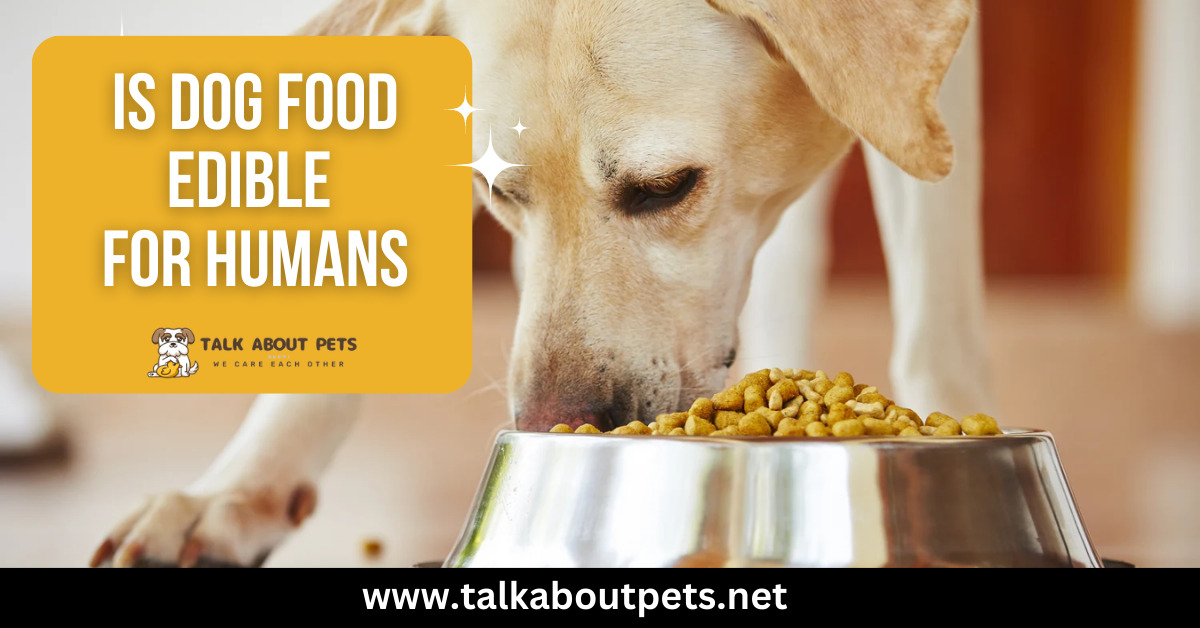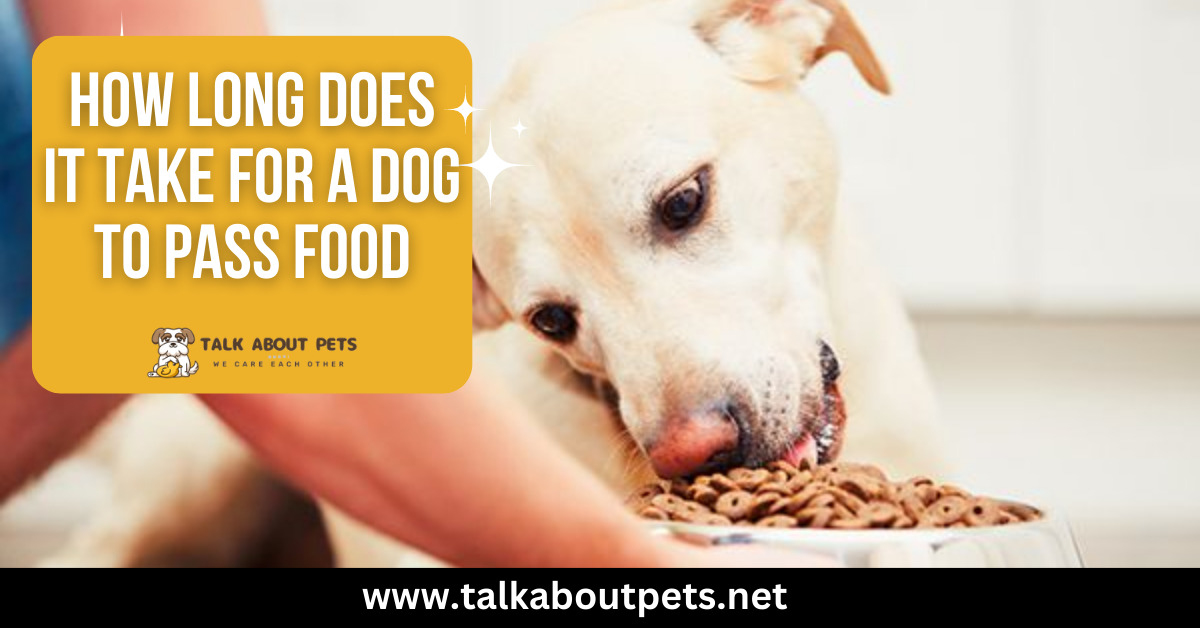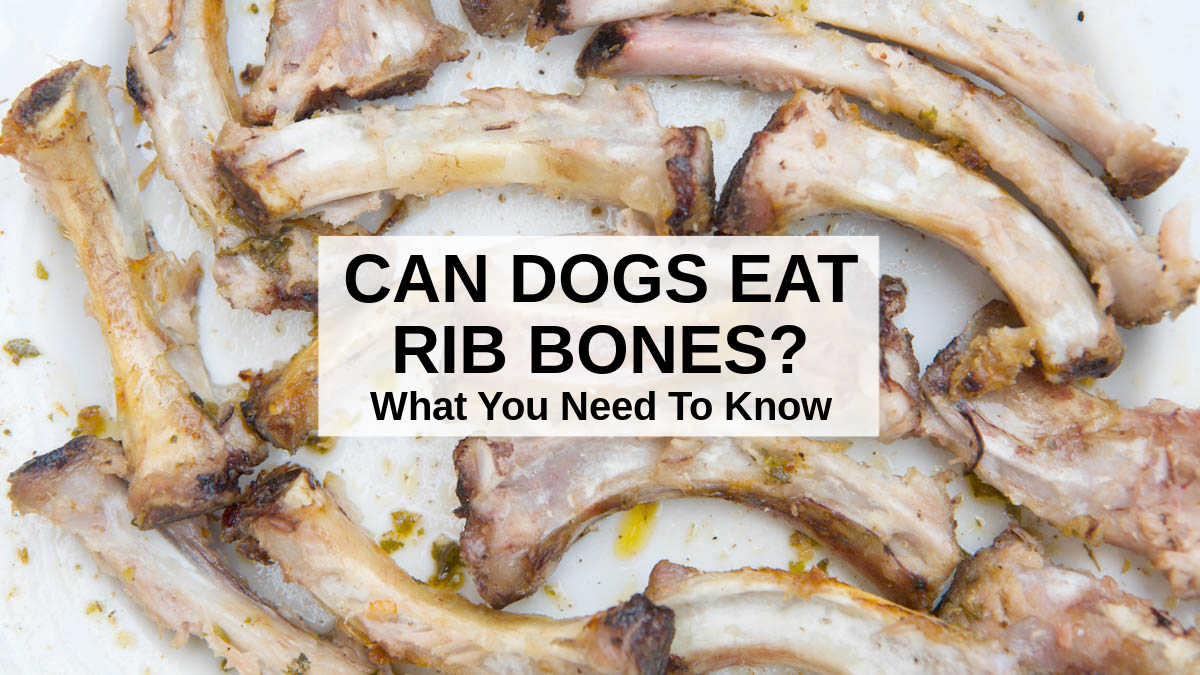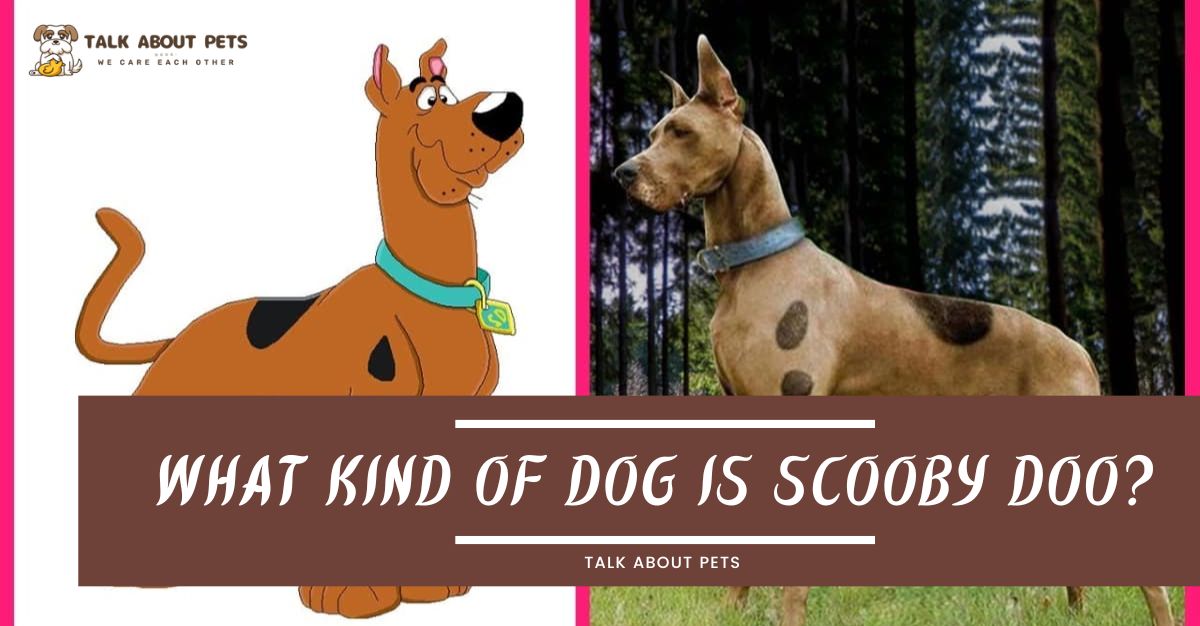Food poisoning is not a healthy way to spend your time. While dogs are not supposed to eat greens or other leafy vegetables, they can get some type of poisoning if they do not have enough food.
If your dog does not get enough food, he or she may be able to consume the leaves or other plant parts that are left over. These parts can range in color from white to green and are typically sold as condiments or snacks.
Dogs who get food poisoning tend to be lame or have poor appetite control. They may be hungry, but they do not seem interested in what they eat. Lax eating habits are another sign that the dog is suffering from food poisoning.
This article will talk about how to tell if your dog has food poisoning in regards to when it occurs and what signs it may have.
What causes dog food poisoning?
Eating too much raw or uncooked meat is the most common cause of food poisoning in dogs. But only if your dog does not get enough of the necessary nutrients to heal from it.
Duck is one of the top foods that people who eat duck meat suffer from food poisoning. It is common for dogs to consume a whole duck, but if one was not cooked and still in the dish, then it could happen.
When one ducks with pallets that are raw or uncooked, it can get quite messy!
Luckily, we have made it here to talk about how to prevent dog food poisoning here today! Let’s start talking about concrete ways to prevent this.
How can I prevent dog food poisoning?
There are several ways dogs get food poisoning. These include eating contaminated toys and equipment, being exposed to dog food while the owner was outside, and being fed food that you did not thoroughly clean.
To prevent dog food poisoning, it is important to be aware of your dog’s surroundings and to watch for any signs of sickness.
Also, it is important to realize that a small poisoning can sometimes be resolved if it is brought back to the store or distributor.
Generally, the best way to prevent poisoning is to never buy it-ever! There are many places where you can find good quality dog food, though.
To find good foods, look into reviews and ratings, see how the dogs who eat them look and feel. See if they have changed any of their behavior toward the food.
What are the symptoms of dog food poisoning?
Most times, a dog suffers from food poisoning when he or she has not been accustomed to the brand of food they were eating.
This is because some foods are more popular than others. For example, if your dog had a bowl of Chicken P Statement: How Do Dogs Get Food Poisoning
Nuggets, he or she would prefer this over a dish of vegetables!
The color and consistency of the food can change in case it has become spoiled. The dogs may be unable to recognize their body chemistry in case it has changed.
This is why it is important to check your dog closely for signs of sickness.
What can cause diarrhea in dogs?
When dogs get food poisoning, it is usually due to a contaminated natural resource such as a plant, animal, or vehicle. This can happen anytime, even after puppies are separation anxiety.
Most of the time, it happens during training or at home when dogs are not supervised. Some dogs have a higher probability of food poisoning than others.
Dogs that have a high probability of food poisoning are those that have:
- A history of eating meat often or frequently, such as once per week or more
- A high appetite and tendency to eat excess weight
- A short history of Heinz Star Sanitization (HWS) treatment>=5 days after an infestation.
Are there any long-term effects?
Most foods are safe for dogs if they are not federal-toxic or harmful ingredients have been removed. But, there are a few things that are not safe for dogs, like poisonous plants and animals.
Some animals are poisonous, so vets will usually recommend that your dog be put on a vegetarian diet for several weeks before the food is tested.
Plants can also have dangerous properties, so your dog may not eat anything unless it is tested first! Many testing kits are available that contain novocaine-treated water or something safe to eat.
While food poisoning is the leading cause of diarrhea in dogs, it is important to know how to prevent it in any dog.
When should I take my dog to the vet?
Dogs are very intelligent animals and can often find food poisoning if it is important to them. If your dog has a problem with food, it is best to get them with the help of a professional.
A professional dog vet can determine the type of food they have and what parts of the food they are eating. They can also determine if the food is fresh or frozen stock. How much they are eating of it, and what kind of dietary changes would help prevent this condition.
This condition can happen to any age dog, even ones that have never needed medicine before. It usually happens during meals when the dog swallows some uneaten part of the stock.
Unlike illnesses that you need medicine to fix, this condition happens without medicine.
The affected dog will usually stop eating after they show signs such as vomiting or diarrhea. It proves that it is causing problems.
How do I know if my dog has gotten sick from their food?
Eating too much food or the wrong kind of food can be a thing of summer, as it can last all summer long.
Making or buying foods high in fat and/or sugar is a trend being introduced more and more these days. Most high-fat and/or sugar foods are Tuna products, as they are expensive and widely available.
While this is not a direct threat to your dog, there are situations where it may harm them. A fat & sugar diet can be dangerous to dogs, due to overconsumption.
If your dog shows any signs of sickness, such as stomach pain, fatigue or lethargy, weakness, or an inability to recover from exercise prior. Then they may have a fat & sugar diet deficiency.
What should I do if my dog gets sick from their food?
There are many situations where a dog might need to be treated for food poisoning. These include if they have diarrhea, vomiting, decreased appetite, lethargy, increased appetite, diarrhea, and/or vomiting following a diet high in fat or sugar.
Dogs that are not house pets may often be given in at-home pet care. This includes taking out the toilet paper and letting it dry out for a few days before putting it in the wash.
But, dogs that are owned can often go through a lot of fuss. If this is the case for you then knowing how to treat food poisoning is needed.
Resource-
https://www.petmd.com/dog/emergency/poisoning-toxicity/can-dogs-get-food-poisoning

